The document Google provided to the FCC, as it looks into Apple's non-acceptance of the Google Voice application on the iPhone platform, was heavily redacted, essentially removing all details of communication between Google and Apple as the search engine company attempted to have its telephony service software approved for release on the App Store. But it did offer some insight into what the Google Voice application offered, and how the Android Marketplace works.
Even though Google plans to offer its voice application as a Web app, the search company claims that software that would run through the iPhone's Safari browser would not be as full-featured.
"The Google Voice features accessible by the mobile website are more limited than those features found in the App Store version of Google Voice," Google's letter to the FCC reads. "For instance, only the App Store version of Google Voice can directly access the iPhone address book and dial directly from the application, thus providing a more seamless experience for the iPhone user."
It was that "seamless experience" that apparently caused problems for Apple. Last Friday, the iPhone maker, in its own letter to the FCC, said the fact that Google Voice mimicks the features of its own native software caused the Cupertino, Calif., company to not accept the software into the App Store yet.
Google also outlined the differences between its Android Marketplace and Apple's App Store. The letter noted that unlike with Apple, there is no pre-approval process for those who wish to make applications available. The approval process includes an automated system that tests for technical issues.
"This automated process does not screen or reject applications on the basis of functionality," the letter states. "In addition, it is important to note that Android Market is not the exclusive method of distribution for Android applications. Developers are free to make their applications available through alternative channels instead of, or in addition to, the android Market, and users are free to install Android applications from any source they choose."
This Thursday, the FCC will look into the wireless industry with its letters from Apple, AT&T and Google in hand. USA Today reports that the meeting will have three parts: Examining wireless competition, looking at barriers to entry and investment, and scrutinizing consumer billing, including contracts.
Andy Rubin, Google's vice president of Mobile Platforms, also took issue with a USA Today report printed Friday that alleged the company had been blocking the voice over IP service Skype from releasing an application on its mobile phone platform, Android. In a post on Google's Public Policy Blog, Rubin called the claim, which suggested Google could be under pressure from the FCC for its alleged actions, "inaccurate."
"At this point no software developer — including Skype — has implemented a complete VoIP application for Android," Rubin said. "But we're excited to see — and use — these applications when they're submitted, because they often provide more choice and options for users. We also look forward to the day when consumers can access any application, including VoIP apps, from any device, on any network."
 Neil Hughes
Neil Hughes
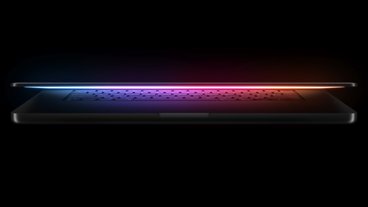

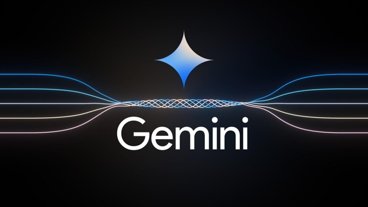









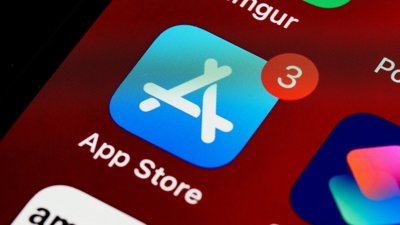
 William Gallagher
William Gallagher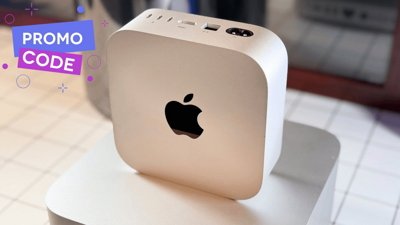
 Christine McKee
Christine McKee
 Sponsored Content
Sponsored Content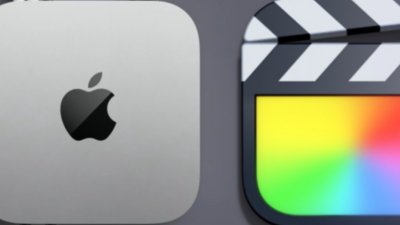

 Malcolm Owen
Malcolm Owen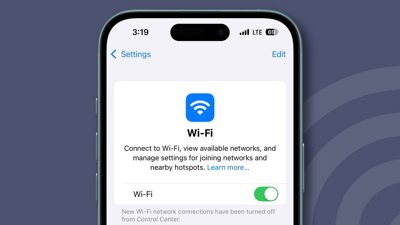
 Andrew Orr
Andrew Orr
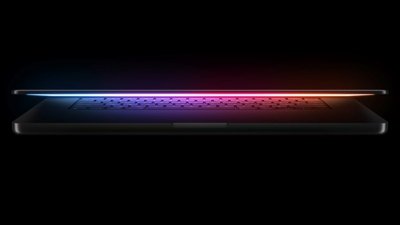
 Wesley Hilliard
Wesley Hilliard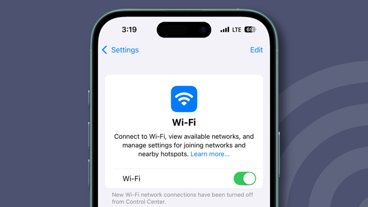
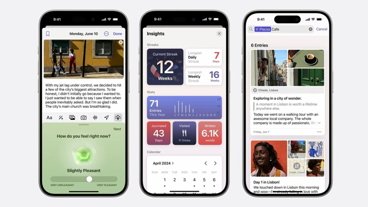






42 Comments
Smart guys. They may indeed use custom proprietary protocol between their iPhone client and their server. They may thus be able to beat possible allegations, that they implement VOIP over AT&T's 3G.
I don't like the idea of software taking my contacts, my personal information, and distributing it all over the internet like Google's Voice does.
Apple was right to address the privacy concerns of their software.
Google has become the snoops, marketing and behaviorists dream tool.
Google has become a agent for EVIL, at least for Big Brother and anyone else minded.
I block all their tracking garbage on my computer too.No profile behavior building going on in my life, no way.
*loosens tin foil hat*
I don't like the idea of software taking my contacts, my personal information, and distributing it all over the internet like Google's Voice does.
The solution is pretty simple: don't sign up for GV...
I don't like the idea of software taking my contacts, my personal information, and distributing it all over the internet like Google's Voice does.
And how is Google any different than Yahoo and Mobile me when it comes to syncing you address book? Their not, all three can already sync you address book to the cloud and none of them, including the "evel" Google will release your contacts to anyone else without your permission.
So is this the beginning of the end? Why do we even make phone calls over a cell network? When 4G comes out make it data only and do all phone calls via VOIP...